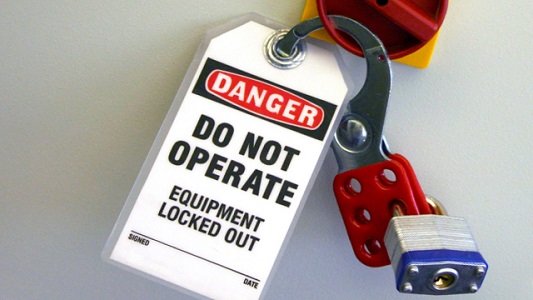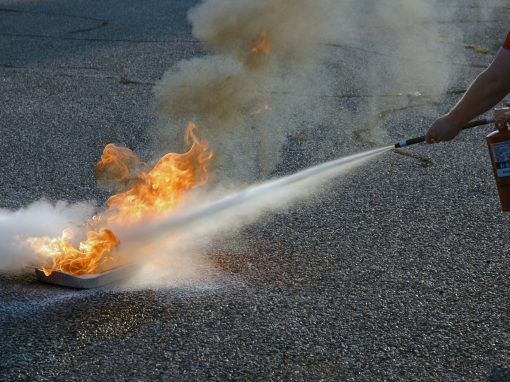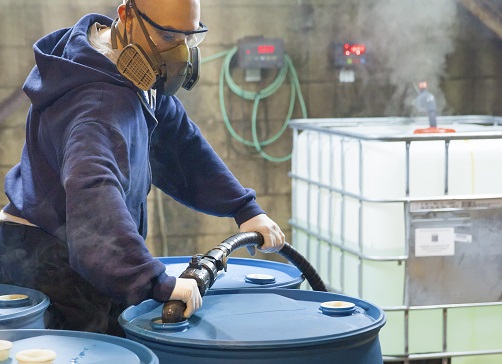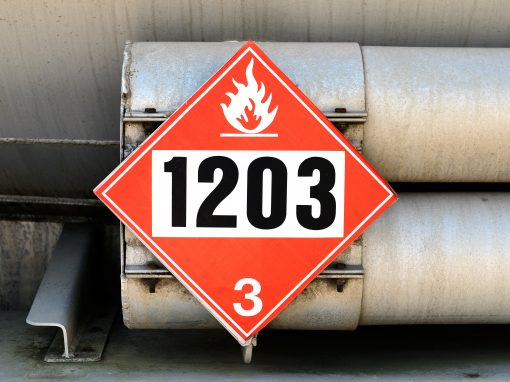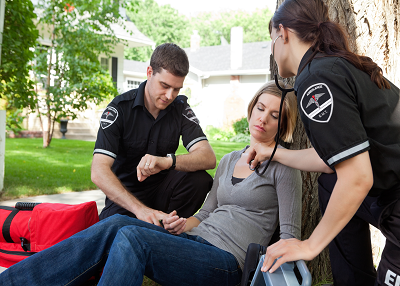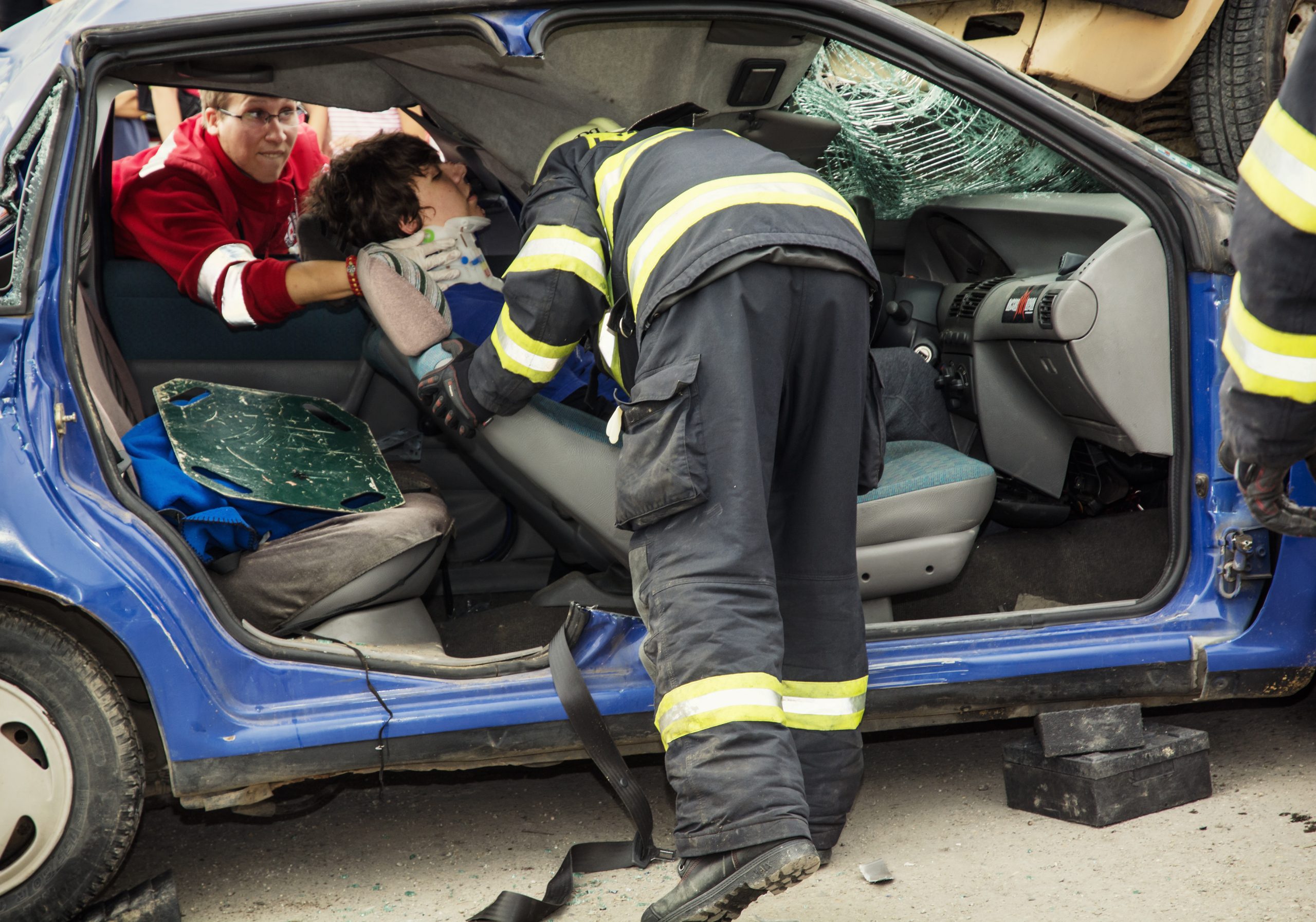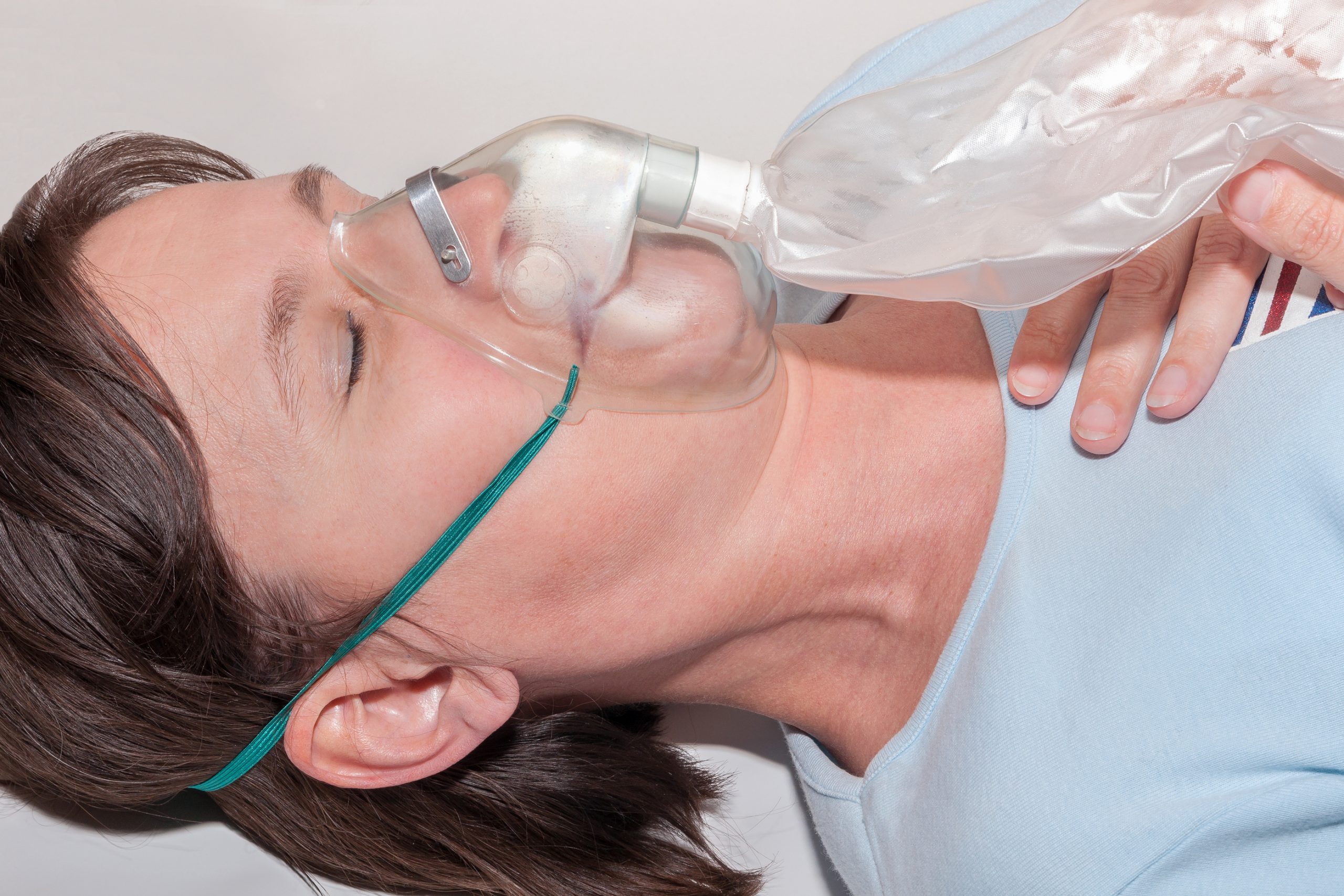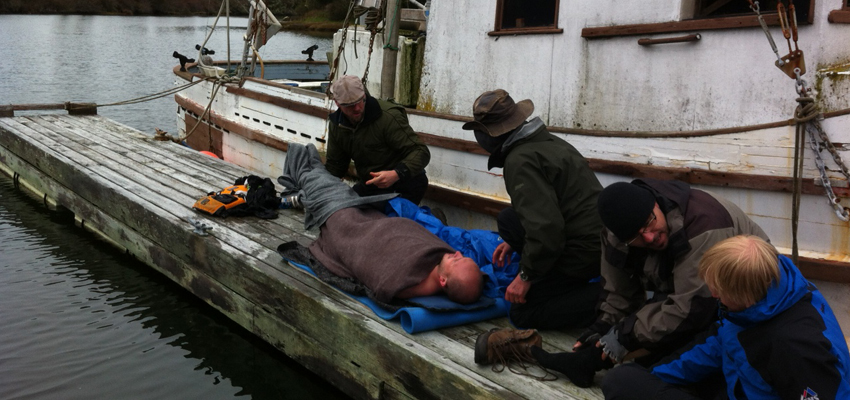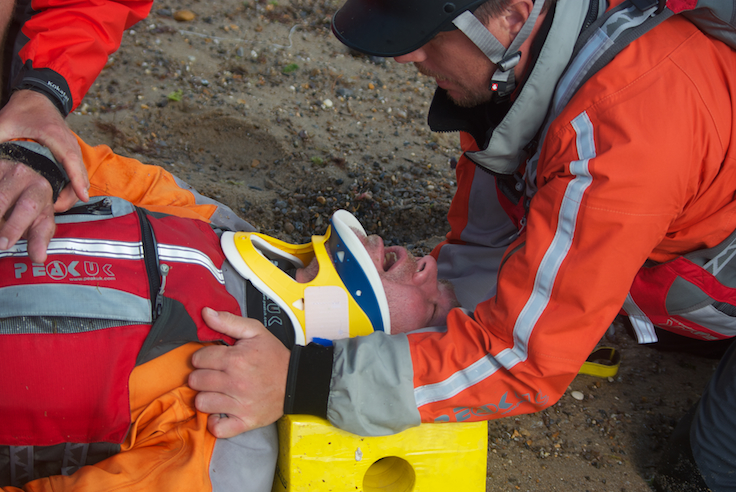This course is offered in-class only.
The amount of teaching time required for the course is 80 hours.
View the course calendar to see when this course is being offered. Due to the limited interest in this course it is not frequently offered. Private courses are available at discount prices. Contact the office if you are interested in a private course.
The participant must hold a current standard first aid & CPR/AED level C certification. It must be valid by the time the course begins. The participant is also required to complete a pre-course assignment.
In order to complete the course the participant must attend 100% of the course, earn at least a 80% grade on a written exam, demonstrate the skills to the standard set by the Canadian Red Cross, and pass two practical scenarios. Upon successful completion the participant will earn a 3 year certification in Advanced First Aid, including CPR/AED level HCP.
The recertification course is 40 hours long, and must be taken before your current certification expires. There is no grace period. In order to attend a recertification course the participant must present the current certification to the instructor at the beginning of the course or else be refused admittance into the course.
The content is divided into 5 parts, with many topics included within each part:
- Preparing to respond: The responder; the emergency scene; preventing disease transmission
- Establishing priorities of care: Anatomy and physiology; assessment; respiratory emergencies; airway and ventilation; circulation emergencies; bleeding; shock; pharmacology
- Traumatic injuries: Soft tissue injuries; musculoskeletal injuries; head and spine injuries; chest, abdominal, and pelvic injuries
- Medical emergencies: Sudden illnesses; poisoning; heat & cold related emergencies
- Special populations and situations: Special populations & crisis intervention; childbirth; reaching and moving patients; multiple casualty incidents; transportation; workplace
The participant will receive an Emergency Care workbook and textbook. Upon successful completion the participant will receive a wallet sized certification card. Laminating the card and/or purchasing a wall sized card are available as optional add-ons.
What is the age requirement for the course?
16 years of age.
What are my options if I am unsuccessful in the course?
The instructor delivering the course is ultimately responsible for determining if you are successful or not, as by signing your certification they are stating they have determined you meet the requirements as set out by the curriculum and in theory could be held legally accountable in certain situations. That being said each instructor has the leeway to assess the nature of your course outcome and determine if the result was truly due to lack of understanding and demonstrating the skills, or if it was another reason that shouldn’t cause you to be unsuccessful. If the instructor ultimately decides that you do not meet the requirements you can contact the office and seek a review. The review does not promise a favourable result.
What is the difference between the EMR, FR, and AFA course?
The First Responder (FR) course is approximately have the length of the Advanced First Aid (AFA) and the Emergency Medical Responder (EMR) course. It does not include some topics such as pharmacology, communications, orientation to an ambulance, transportation, as well as not going as in depth with some topics shared with the AFA course and the EMR course. The main difference between the EMR and the AFA course is that the EMR course is designed for public emergency response personnel whereas the AFA course is designed for industrial emergency response teams. Their lengths and course content are very close to each other so the career you’re going into should be the deciding factor in which course is appropriate for you.
Can I take a recertification course?
Recertification courses can only be taken if your current certification has not expired. Once it expires you must attend the entire course again. A recertification course can only be taken once between full courses, and as such proof of your certification must be presented to your instructor at the beginning of the course. If you fail to do so you will be refused admittance into the course and no refund will be given, however you can re-schedule your course free of charge.
What If I Have A Question Not Listed Here?
Contact us by phone (647-528-LIFE [5433]), by e-mail (info@Heartbeatfirstaid.com), or by filling out our contact form on this website.
Take this course

